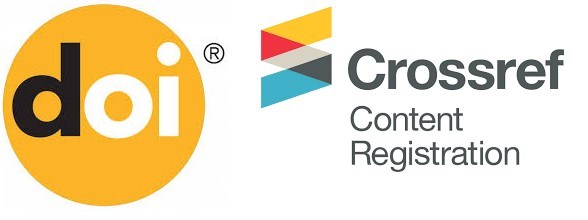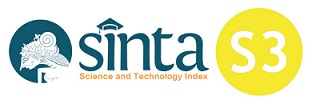APLIKASI TEORI GENERATIF-TRANSFORMASI DALAM PEMBELAJARAN BAHASA ARAB DI PONDOK PESANTREN NURUSSALAM KRAPYAK YOGYAKARTA
DOI:
https://doi.org/10.32699/liar.v2i02.648Keywords:
Linguistic Theory, Transformative generative, learning arabicAbstract
This research is aimed at discussing transformative generative linguistic concepts and their applications in learning Arabic. The author limits this research to the discussion of standard theory or the standard theory of generative linguistics founded by Noam Chomsky. The form of this research is qualitative while the method used is documentary by searching, collecting and analyzing written sources. The analysis was carried out descriptively to describe the object. The results of the research obtained are the application of transformative generative standard theory manifested in the form of defining language as a system internalized in individual language users so that Arabic learning is carried out based on grammar (nahwu). Learning Arabic is oriented to form broad communication competencies with grammar as the foundation. Arabic learners are directed to be individuals who are active in developing the potential of language that exists in themselves in the form of language competence (Kafa'ah al lughah) which includes grammatical, sociocultural, discourse and strategic competency.
Downloads
Published
Issue
Section
License
Authors who publish with this journal agree to the following terms:
a. Authors retain copyright and grant the journal right of first publication with the work simultaneously licensed under a Creative Commons Attribution-ShareAlike 4.0 International License. that allows others to share the work with an acknowledgement of the work's authorship and initial publication in this journal.
b. Authors are able to enter into separate, additional contractual arrangements for the non-exclusive distribution of the journal's published version of the work (e.g., post it to an institutional repository or publish it in a book), with an acknowledgement of its initial publication in this journal.
c. Authors are permitted and encouraged to post their work online (e.g., in institutional repositories or on their website) prior to and during the submission process, as it can lead to productive exchanges, as well as earlier and greater citation of published work (See The Effect of Open Access).












